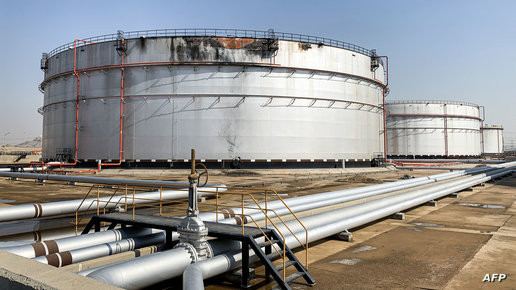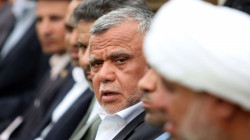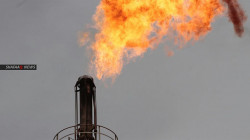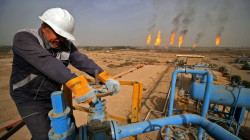Saudi Arabia raises oil prices for Asian buyers amid Middle East conflict

Shafaq News/ Saudi Arabia has increased oil prices for its main buyers in Asia as crude oil markets face growing volatility, with traders closely monitoring developments in the ongoing Middle East conflict.
Saudi Aramco raised the official selling price (OSP) for its flagship Arab Light crude by 90 cents, bringing the premium to $2.20 per barrel over the regional benchmark for Asian buyers, according to a pricing list seen by Bloomberg.
This price hike exceeded market expectations, as traders and refiners had anticipated an increase of around 65 cents per barrel. Meanwhile, Aramco reduced prices for all grades destined for the US and Europe.
Oil prices have surged since early October, following Iran’s missile strikes on Israel in response to the assassination of Hamas Leader Ismail Haniyeh and Hezbollah Secretary General Hassan Nassrallah.
The benchmark Brent crude has jumped by over 8% this week, trading around $78 per barrel, amid fears of potential Israeli retaliation.
So far, global markets have largely disregarded the regional risks, as the conflict has not significantly disrupted supply flows. Instead, traders have been more concerned with weakening demand, particularly from China.
Amid concerns about slowing oil demand in China potentially leaving excess crude in the market, OPEC, led by Saudi Arabia and Russia, last month decided to postpone a planned production increase for two months, extending the freeze until early December.
In a separate report, Newsweek indicated that Saudi Arabia is preparing to increase oil production, a move seen as a potential blow to Russian President Vladimir Putin and his efforts to fund the Russian war machine amid the invasion of Ukraine.
Experts told Newsweek that this move by Saudi Arabia could put additional pressure on Russia’s budget, complicating its efforts to sustain its military campaign in Ukraine.
In 2014, Riyadh resisted calls from some OPEC members to cut production to stop falling oil prices, paving the way for a market share battle between OPEC and non-OPEC producers during a boom in US shale oil production.





